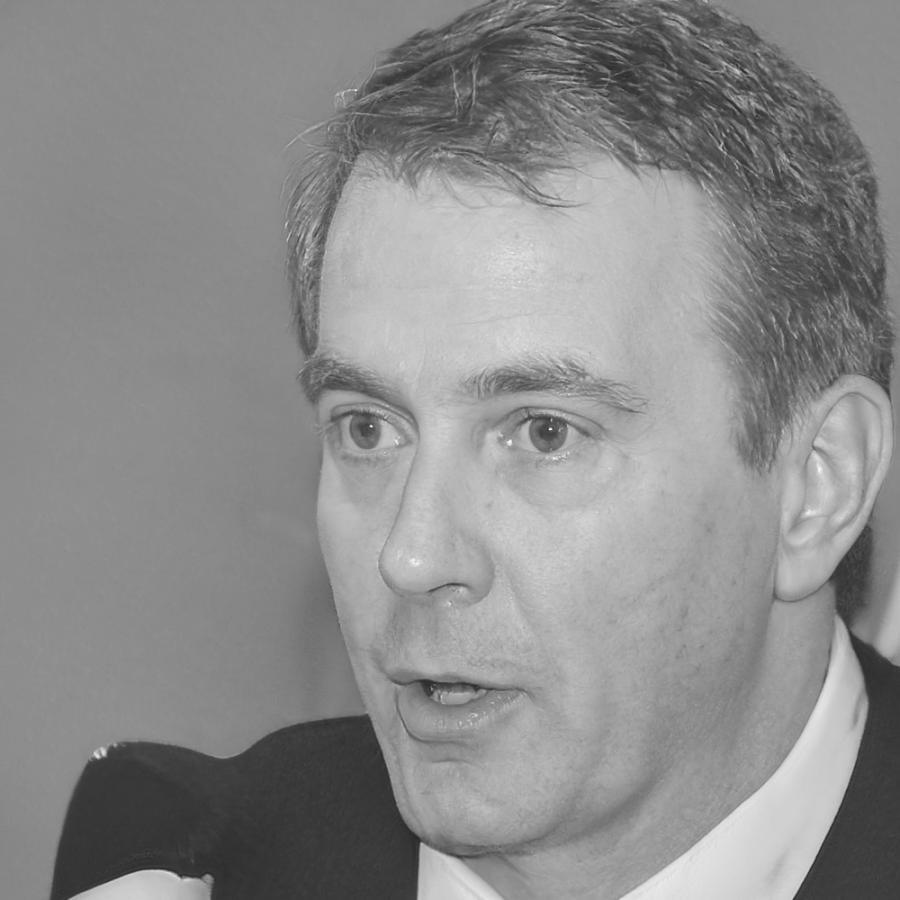Learning Through Experience, Not Empty Theory
Our instructors have spent years managing real budgets in Australian businesses before teaching anyone else.
We're not talking about textbook scenarios here. Every module comes from actual situations our team faced while cutting costs in Queensland companies—some worked brilliantly, others taught us what not to do. That's the stuff you'll actually remember when you're making your own decisions later.
Who's Teaching You and Why It Matters
Our instructors aren't career academics. They're people who managed budgets, made tough calls, and learned what actually works when you're under pressure. Now they're sharing those experiences with you.
Real Background Context
Each instructor brings 8-15 years managing finances for Australian businesses. They've handled everything from vendor negotiations to emergency cost cuts during lean periods.
Honest About Mistakes
We teach you what didn't work just as much as what did. Sometimes the best lessons come from hearing why a strategy failed and what we'd change now.
Ongoing Mentorship Access
Questions don't stop when the session ends. You get direct contact with instructors during the entire program—because real learning happens when you're applying this stuff.

Finding What Fits Your Situation
Not everyone needs the same approach. We help you figure out which program makes sense based on where you're actually at right now.
Are you managing a business budget already?
If you're currently responsible for budgeting decisions, our October 2025 intensive focuses on immediate strategies you can apply. If you're preparing for that role, the January 2026 foundational program builds up your understanding systematically.
How much time can you dedicate each week?
Our intensive runs 6 hours weekly over 8 weeks. The foundational program spreads content across 12 weeks at 4 hours weekly. Both require outside work reviewing case studies and completing exercises between sessions.
What's your primary goal with budget management?
Some people want to reduce current spending without affecting operations. Others need to build budgeting skills from scratch. A few are preparing for leadership roles where budget oversight matters. Your answer shapes which program sequence makes sense.
Do you need specific industry context?
We cover general principles that apply anywhere, but instructors can provide examples from retail, hospitality, professional services, and light manufacturing—industries common across Townsville and regional Queensland.
Meet The People Behind The Program
These are the folks who'll be working with you throughout the program. They've all managed budgets professionally before moving into teaching.

Merritt Tolland
Operational BudgetingSpent 11 years as finance manager for hospitality venues. Knows how to cut costs without losing service quality.

Saskia Denholm
Vendor ManagementFormer procurement lead who renegotiated supplier contracts saving businesses significant amounts annually.

Quillan Rubridge
Emergency Cost ReductionManaged budget crises during economic downturns. Teaches how to make tough decisions when revenue drops unexpectedly.

Branford Kellett
Long-term PlanningBuilt budgets for growth phases and contraction periods. Focuses on sustainable approaches rather than quick fixes.
How The Program Actually Works
We're not lecturing at you for hours. Sessions involve working through real scenarios, asking questions, and getting feedback on your approach.
Case Study Analysis
You'll review actual budget situations from Queensland businesses and discuss what you'd do differently—then hear what actually happened.
Guided Practice
Work on budget exercises with instructors available to answer questions and point out things you might've missed.
Direct Feedback
Submit your work and get specific commentary on your approach—not just whether it's right, but why certain methods work better in practice.